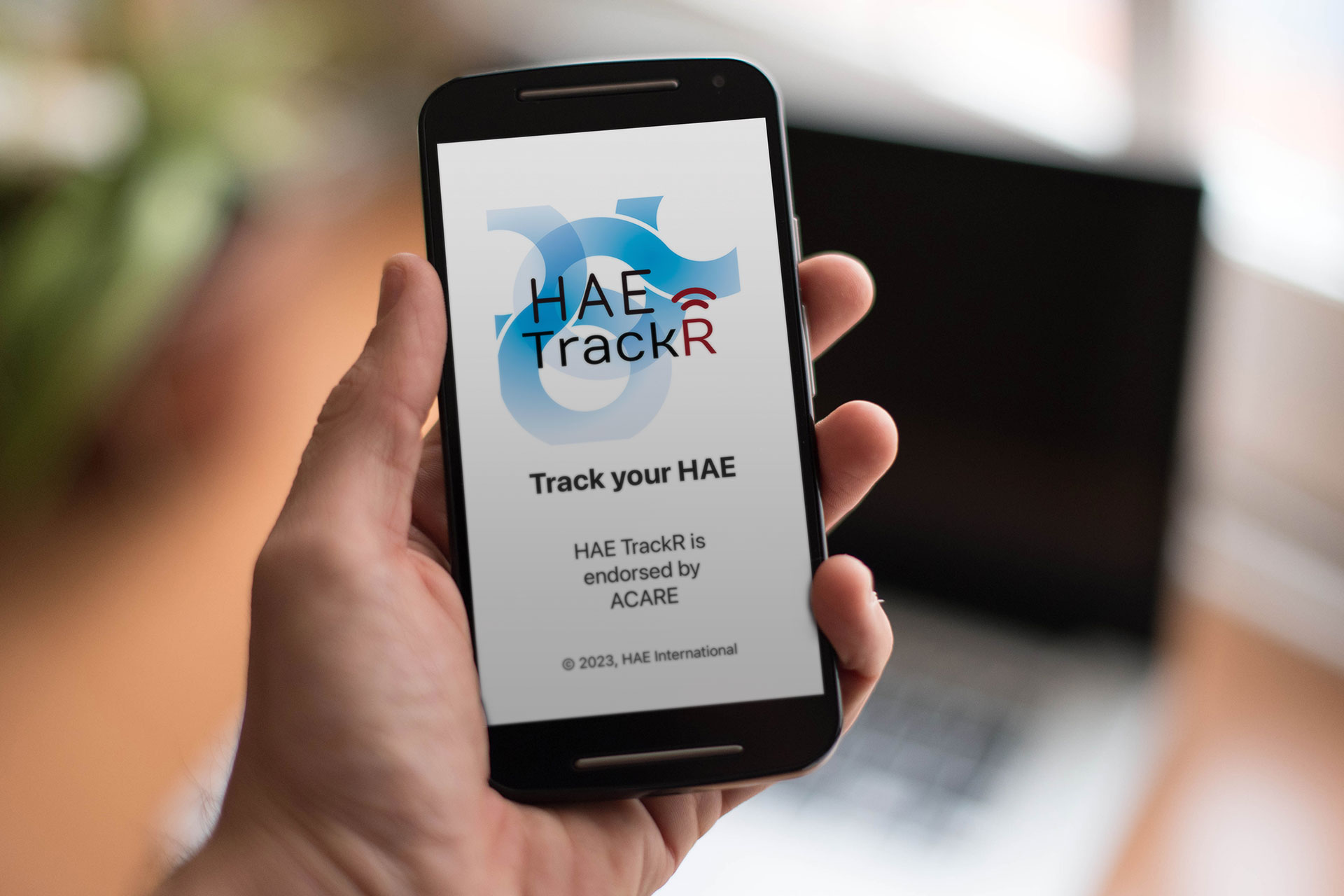Anxiety Associated with On-Demand Treatment for Hereditary Angioedema Attacks
James Wedner et al.
Rationale: All approved on-demand treatments for hereditary angioedema (HAE) attacks require parenteral administration. Parenteral therapies can be challenging to administer, resulting in anxiety and increased treatment burden. The current study aimed to characterize anxiety related to use of parenteral on-demand therapy for HAE attacks.
Read abstract here >
Efficacy and Safety of Oral Deucrictibant, a Potent Bradykinin B2 Receptor Antagonist, in Prophylaxis of Hereditary Angioedema Attacks: Results of CHAPTER-1 Phase 2 Trial
Marc A. Riedl et al.
Rationale: Hereditary angioedema (HAE) attacks are caused by excess bradykinin activating bradykinin B2 receptors. Deucrictibant is a potent, selective, orally administered antagonist of the bradykinin B2 receptor under development for on-demand and prophylactic treatment of HAE attacks.
Read abstract here >
Long-Term Effectiveness and Safety of Lanadelumab Treatment for Hereditary Angioedema in Patients From Puerto Rico: Data From the EMPOWER Study
Rafael H. Zaragoza-Urdaz et al.
Background: Real-world data on treatment outcomes in patients with hereditary angioedema (HAE) from Puerto Rico are limited and key to understanding disease management. Here, we report data from the EMPOWER (NCT03845400) Phase IV, observational, non-interventional, multicenter study in patients from Puerto Rico with HAE Types I/II treated with lanadelumab for up to 3 years.
Read abstract here >
Screening Sleep Disorders in Hereditary Angioedema: A Comprehensive Cross-Sectional Study
Karla Robles-Velasco et al.
Rationale: The consequences of impaired sleep vary across a wide spectrum, including exacerbated inflammation, mental and physical fatigue, mood disorders, daytime sleepiness, and poor quality of life. Limited information on the association between hereditary angioedema (HAE) and sleep disorders (SD) is available. This study aims to investigate the prevalence of sleep disorders in HAE patients
Read abstract here >
Treatment Patterns of Patients Requiring Redosing of an On-demand Treatment After the Return of an HAE Attack
William R. Lumry et al.
Rationale: Hereditary angioedema (HAE) is characterized by painful and debilitating attacks of tissue swelling in various locations. Although self-administered on-demand parenteral (subcutaneous or intravenous) treatment has enhanced overall HAE attack management, some people living with HAE require redosing of an on-demand treatment to manage the return of an attack.
Read abstract here >




